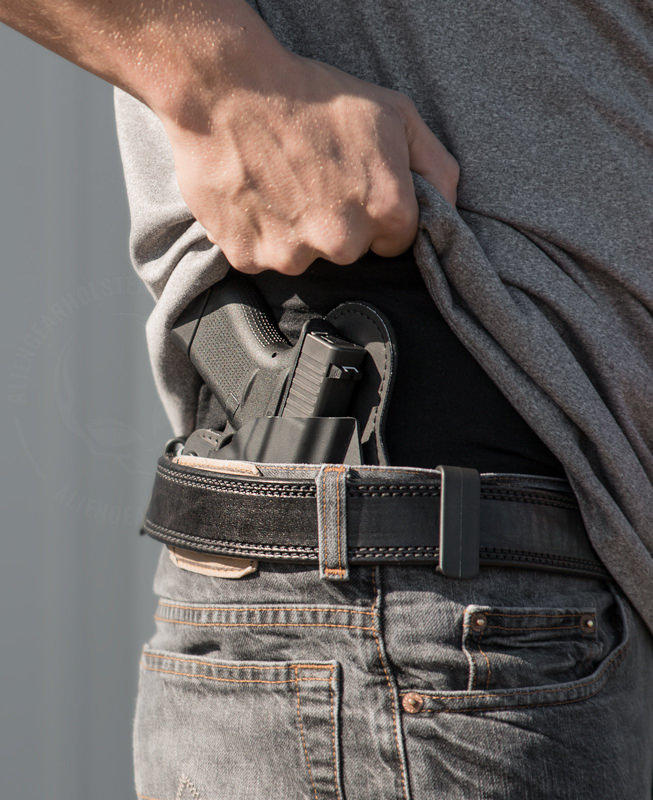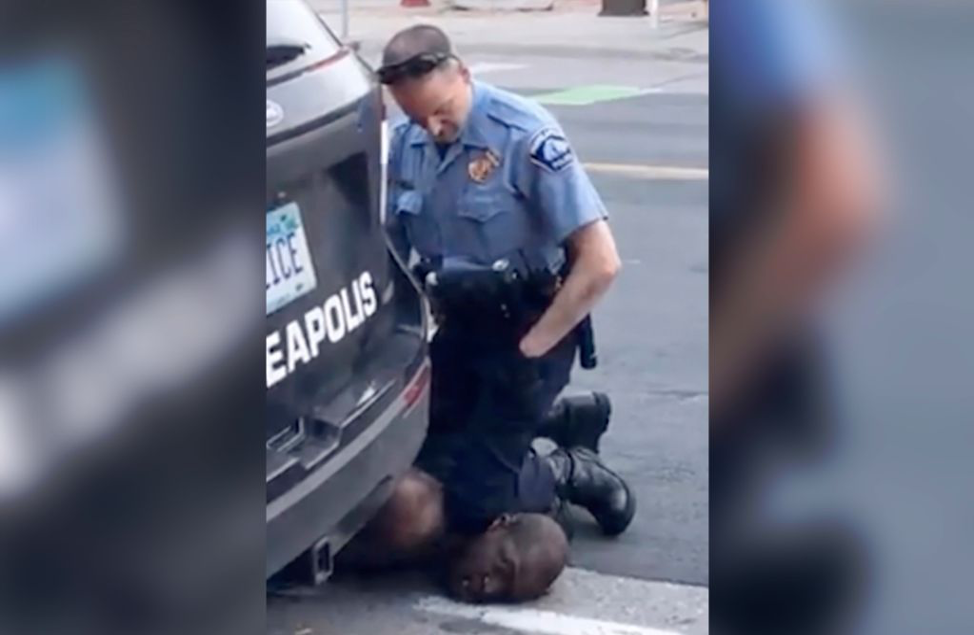READ THIS PARAGRAPH even if you don’t read anything else on this page!
This is a must read if you are thinking about obtaining a gun or a Concealed Pistol License. Obtaining a Concealed Pistol License (CPL) is easy. For those meeting CPL eligibility, attending a CPL class and shooting your firearm at a close range target is about all that is required. However, once you obtain a CPL, you will need to be constantly vigilant when you are carrying your firearm, handling your firearm and storing your firearm. I would urge anyone that has a Concealed Pistol License (CPL) to get a lawyer on retainer for any possible predicaments or advice as necessary with issues that may be on the horizon. We believe that most CPL holders are responsible and never have a desire to use a firearm against another human being unless absolutely necessary for self-defense. However, knowing when you can act in self-defense and what to do if you use a firearm are of the utmost importance if you are thinking about carrying a firearm. If you use a gun against another person, the police will conduct an investigation according to assault and homicide protocol. You may be the one that ends up calling the police if nobody else is around. The 911 recording will be kept as evidence. Whatever you say on that 911 call could be the difference between winning a trial on self-defense grounds or getting convicted of a felony. The police will also take witness statements from the friends of the bad guy. What do you they will say about the incident? In addition to the police, if you draw your gun and shoot someone, family members of the bad guy will attempt to vilify you and put pressure on the police and prosecutor to take criminal action for an assault or a homicide crime even though you acted in justifiable self-defense.
Potential criminal charges for drawing or using a firearm against another person
If you carry a concealed weapon (CCW) without a permit, it is a felony punishable by up to five (5) years in prison. Whether you have a permit to carry or not, once a gun is drawn in the presence of another person, there is the possibility of being charged with an assault crime and/or firearm crime, such as:
- Assault with a dangerous weapon
- Assault with intent to do great bodily harm
- Assault with intent to murder
- Homicide
- Intentionally discharging a firearm aimed without malice
- Possession a firearm on prohibited premises
- Brandishing a firearm
- Reckless discharge of a firearm
- Possession of firearm under the influence
A criminal defense lawyer can estimate whether you will be treated as a hero or a criminal for using a firearm against another person. It is important for anyone with a CPL to know things such as whether it is permissible or a crime to use a gun from a moving vehicle or whether you can draw your weapon to scare off an annoying person.
Basic rules of self-defense
Michigan is a Castle Doctrine state and has a “stand your ground” law. A person may use deadly force, with no duty to retreat anywhere he or she has the legal right to be. Any person who uses a gun legitimately in self-defense has immunity from civil liability.
Use of Non-deadly Force: An individual not engaged in the commission of a crime may use non-deadly force against another individual anywhere he or she has the legal right to be with no duty to retreat if the person honestly and reasonably believes that the use of that force is necessary to defend himself or herself or another individual from the imminent unlawful use of force by another individual.
Use of Deadly Force: An individual not engaged in the commission of a crime may use deadly force against another individual anywhere he or she has the legal right to be with no duty to retreat if the person honestly and reasonably believes that the use of that force is necessary to prevent:
- Imminent death of or imminent great bodily harm to himself or herself or to another individual; or
- Imminent sexual assault of himself or herself or of another individual.
Be a student and practice the art of self-defense
It is important to continuously practice using a firearm and research various firearm and self-defense scenarios that you might encounter. It is also wise to consider self-defense training for situations when a firearm is not appropriate or your firearm is not readily accessible.
There is no such thing as “one size fits all” when it comes to self-defense. Fortunately, there are numerous outstanding resources and courses available to keep yourself sharp and prepared to defend yourself should the need arise. The internet is a vast source of every imaginable self-defense situation that you possibly could encounter:
- Drawing against the drop
- Defending yourself against a knife attack
- Disarming someone with a handgun
- Cornered, what would you do?
There are countless scenarios that you need to consider when acting in self-defense either with or without a firearm. Do your research on common self-defense situations. Also, ask your lawyer about matters that might seem obscure but that could arise such as whether it is ever appropriate to use your firearm from a moving vehicle against another person in a moving vehicle. Here is what we say in our website about using a firearm from a moving vehicle:
 Michigan Criminal Lawyer Blog
Michigan Criminal Lawyer Blog







